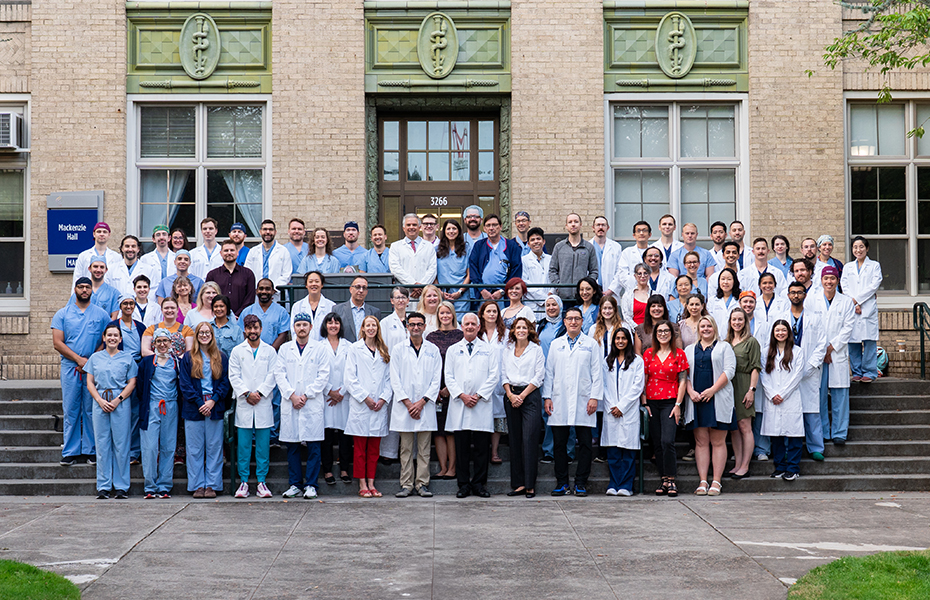Connect with us

Department Vision:
Advancing health for today, leading & innovating for tomorrow.
Department Goals:
- APOM is recognized nationally in education, research, and quality.
- APOM reimagines and implements innovative strategies to meet the needs of our missions.
- APOM fosters belonging and purpose.